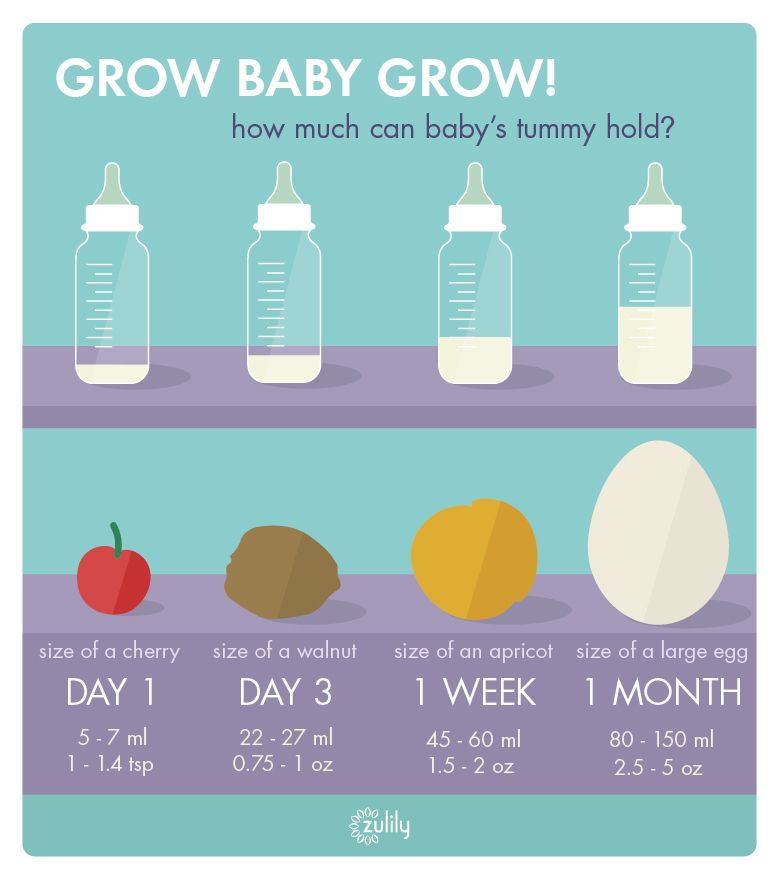Poison in baby food
Toxins in Baby Food: What Parents Can Do
Baby food is incredibly important to developing little bodies and minds. Learn which baby food brands are safest, and what you can do to minimize exposure to toxins in baby food.
Parents across America were stunned by the recent report about toxins in baby food. The Subcommittee on Economic and Consumer Policy Committee on Oversight and Reform (full report here) requested the seven largest baby food makers in the U.S. to submit internal documents and testing results of their baby foods.
Four companies (Happy Baby, Gerber, Earth’s Best and Beech-Nut) responded with the requested documentation and three companies refused to cooperate (Parent’s Choice, Sprout Organic, and Plum Organics).
Analyzed baby food was found to have significant levels of heavy metals, including arsenic, lead, mercury and cadmium.
As I read the report, I surprised to see the list of baby foods with high heavy metal levels, and I was disheartened that we have a baby food industry that lacks regulation.
As we nourish our precious little ones, nothing is more important than their safe consumption of first foods.
In this article, I’ll cover which heavy metals were found in baby food and what the implications are for baby, the types of baby food that contain heavy metals, the potential impact to baby, and what parents can do to mitigate the risk of heavy metal exposure.
Photo by Rachel Loughman | UnsplashWhat are the Heavy Metals in Baby Food?The report highlighted 4 main toxins in baby food. They were arsenic, lead, mercury and cadmium.
Babies are particularly sensitive to heavy metal exposure because their brains are growing and developing. According to FDA, “even low levels of harmful metals from individual food sources, can sometimes add up to a level of concern.”
Arsenic in Baby FoodInorganic arsenic is present in baby rice cereal. This was something highlighted years ago by Consumer Reports and I wrote about it here.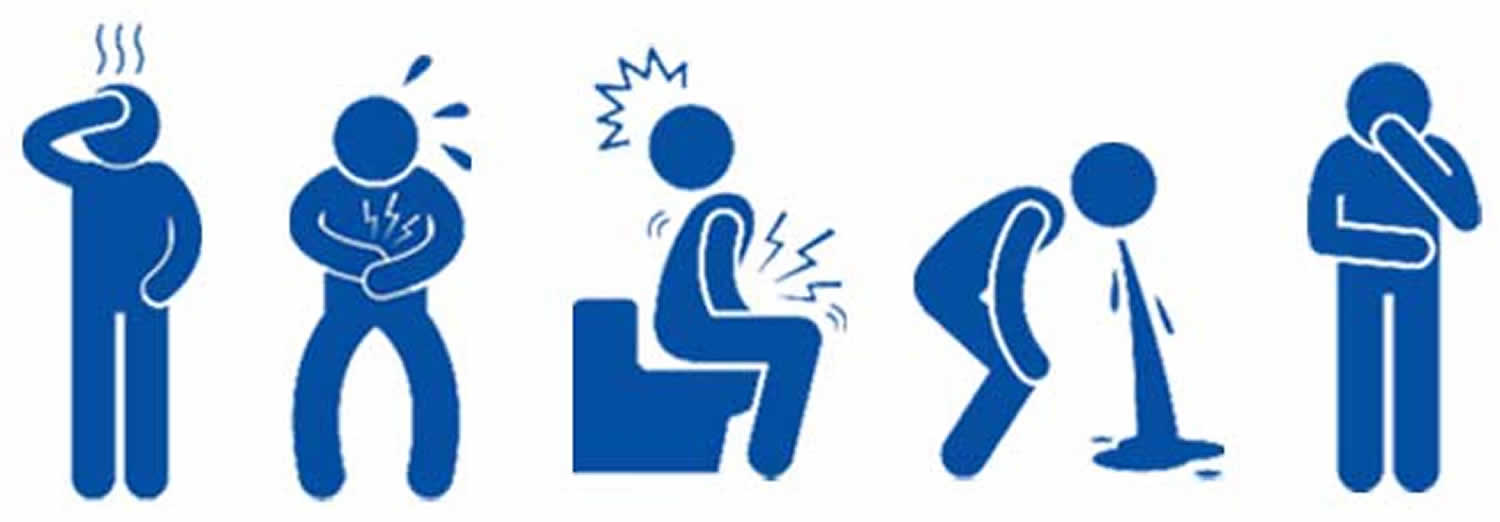
Arsenic occurs in soil naturally and is especially absorbed in plants that grow in water, like rice.
Arsenic was found in all the baby foods reviewed in the report on heavy metals in baby food.
LeadThis is the second most impactful neurotoxin on the brain. We’ve known about the dangers of lead for children for years. Personally, I’ve lived in antique homes and lead paint was always a real concern for my children.
Pediatricians check for lead in young children during routine health checks.
Lead was present in all the baby foods reviewed in the report.
MercuryIf you’re a fish eater, you know the concerns around mercury exposure. The FDA has guidelines in place for children who eat fish so that exposure to mercury is minimized.
Of the companies who submitted their data, several didn’t routinely test for mercury. Of the companies that did test, mercury was present.
CadmiumCadmium gets into soil from the air and rain.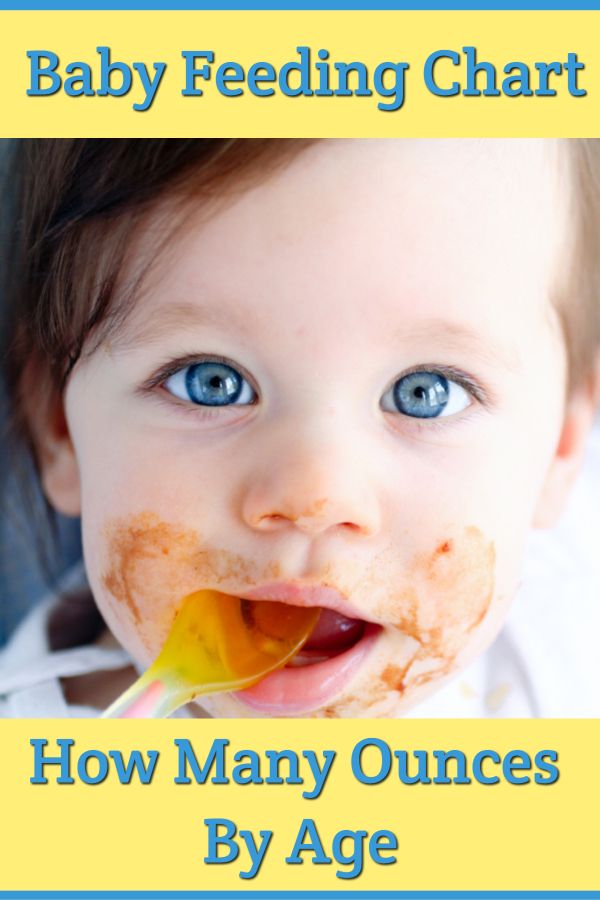 Grains, leafy vegetables and root crops seem to collect the most cadmium, according to the Agency for Toxic Substances and Disease Registry.
Grains, leafy vegetables and root crops seem to collect the most cadmium, according to the Agency for Toxic Substances and Disease Registry.
Cadmium was present in all the baby foods evaluated in the report.
Which Types of Baby Food Contain Heavy Metals?Products such as baby food in jars and pouches, infant formulas, infant cereals, baby snack foods like puffs and teething biscuits, and juices are all potential carriers of arsenic, lead, mercury and cadmium.
Grown in water-flooded conditions, rice is more receptive and apt to absorb arsenic into its roots. Because arsenic is present in soil, you can find trace levels of arsenic in fruits, and vegetables, too.
Another study by Healthy Babies, Bright Futures found that most of the 168 baby food products they tested in 2019 contained one or more heavy metals, and 25% of them contained all four heavy metals.
Rice, juice and sweet potato contained the highest level of contaminants.
Baby snack foods made with rice, like puffs, are also on the “watch” list.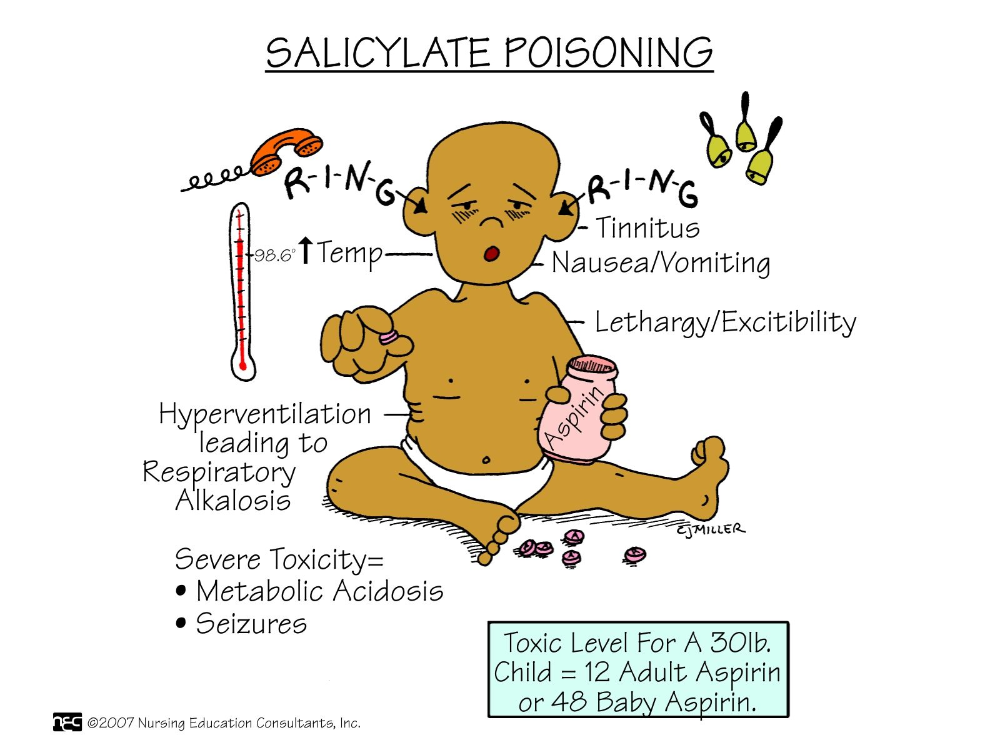 As for juice, Consumer Reports found high levels of all four heavy metals in half of the 45 popular juices they tested.
As for juice, Consumer Reports found high levels of all four heavy metals in half of the 45 popular juices they tested.
Collectively, heavy metals can disturb the normal development of the infant brain.
Small amounts of inorganic arsenic can have a negative impact on brain development. The effect is most pronounced in intelligence quotient (IQ), and more specifically, in verbal language and memory.
Lead may also interfere with brain development, too. Too much exposure can cause learning disabilities, behavior problems, and lower IQ. These consequences appear to be permanent. Lead exposure has also been linked to the development of Attention Deficit Hyperactivity Disorder (ADHD).
Some research ties mercury exposure to autistic behaviors in preschoolers and cadmium exposure is associated with both lower IQ and development of ADHD.
Photo by Rodnae Productions | PexelsLack of Industry Standards and “Voluntary” Self-MonitoringCurrently, an upper limit for inorganic arsenic exists at 100 ppb (parts per billion) for infant rice cereal.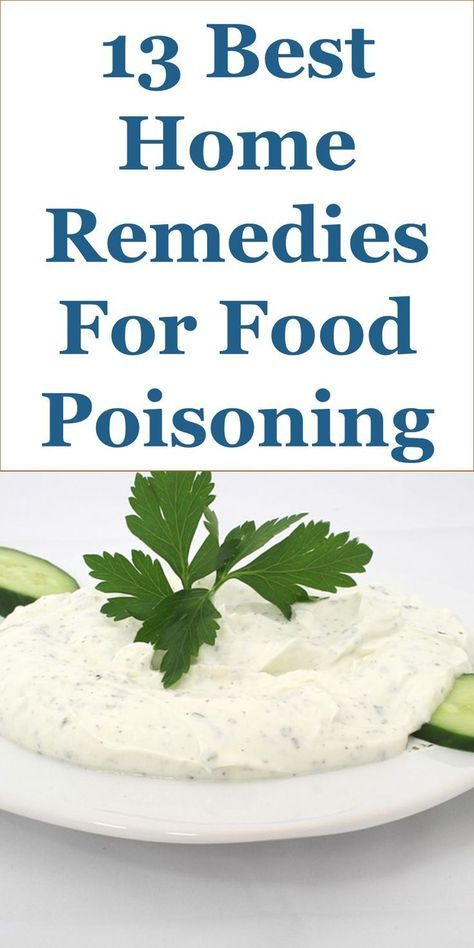
The other heavy metals are lacking limits and this is a problem for both consumers and manufacturers.
Some of the companies in the report set their own heavy metal limits and testing protocols. Unfortunately, the report indicated some companies are bringing baby food products to market even though they exceed their self-set limits.
Organic Does NOT Mean Heavy Metal-FreeMany parents feel that “organic” is a safe bet for their babies, but in this scenario, organic does not mean heavy metal free. Parents can count on organic baby food to be free of pesticides and synthetic fertilizers, but not heavy metals.
In the Committee report, both conventional and organic baby foods were found to contain toxins.
For parents who might be thinking about making homemade baby food, it’s important to note that even fresh fruits and vegetables (or frozen options) may contain trace amounts of heavy metals.
List of Baby Food with Heavy MetalsThe following brands were found to have increased levels of arsenic, lead, mercury and cadmium:
- Happy Baby
- Gerber
- Beech Nut
- Earth’s Best
The following companies declined the request for information about their products. It’s unclear whether heavy metals are present, and in what amounts:
It’s unclear whether heavy metals are present, and in what amounts:
- Parent’s Choice
- Plum Organics
- Sprout Foods
Get the Food & Nutrients for Baby’s Brain!
Finding the Safest Baby Food Without Heavy MetalsThe Clean Label Project is a non-profit organization devoted to bringing transparency to food products. CLP tests baby food through a third party for heavy metals and other contaminants.
They’ve identified several baby food brands that meet their Clean Label Project Purity Award.
The Clean label Project Purity Award evaluates products for substances that wouldn’t be listed on a product label. These include chemicals of concern and industrial and environmental toxins and contaminants (like heavy metals, pesticide residues, and plasticizers) that have the long-term potential to adversely affect health and well-being.
Best Baby Food BrandThe safest and best baby food brands without heavy metals and that have the Clean Label Project Purity Award are:
- Once Upon a Farm
- Serenity Foods
- Cerebelly
- Fresh Bellies
- Tiny Human Food
I’ve already received several emails from concerned parents. Here’s some steps you can take to reduce the exposure to toxins in baby food:
Here’s some steps you can take to reduce the exposure to toxins in baby food:
Food variety is your best defense against heavy metals.
Giving your baby a variety of different food groups and foods within the food groups accomplishes three important tasks:
- Introducing a wide range of flavors
- Giving the important nutrients your baby needs
- Naturally minimizing exposure to heavy metal toxins
Bottom line: Don’t give baby the same foods day after day. Keep rotating!
2. Substitute Rice-Based Baby ProductsSteer clear of rice-based products as much as possible. Thankfully, there are lots of non-rice options in the baby food category.
Use iron-fortified baby oats, mixed grains or barley instead of rice cereal. Try quinoa or millet puffs instead of rice-based versions. Avoid rice milk and stick with infant formula or breast milk in the first year.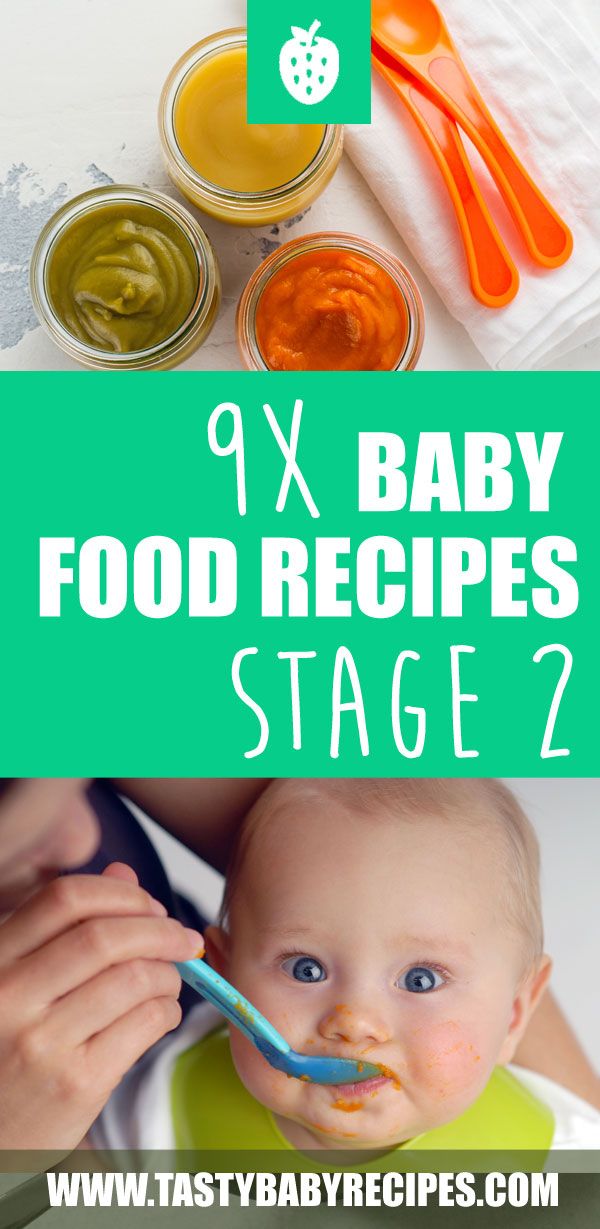
A limit of 4 ounces per day of 100% juice is already recommended for young children, so try to stick with that limit or go for water instead.
4. Don’t Get Stuck in the Baby Food StageInfants are on baby food for only a short period of time, about 3 months.
By 9 months, your baby should be moving forward with chopped table food, finger foods, self-feeding, and decreasing his reliance on baby food.
If you’re using the baby led weaning method, you won’t be using baby food at all, or very minimally.
5. Don’t PanicBaby food today is safer than it was when I was a baby, and when my kids were babies.
Use your common sense and the feeding advice I’ve outlined in The Smart Mom’s Guide to Starting Solids to feed your baby a nutritious diet that will help him grow and develop optimally.
6.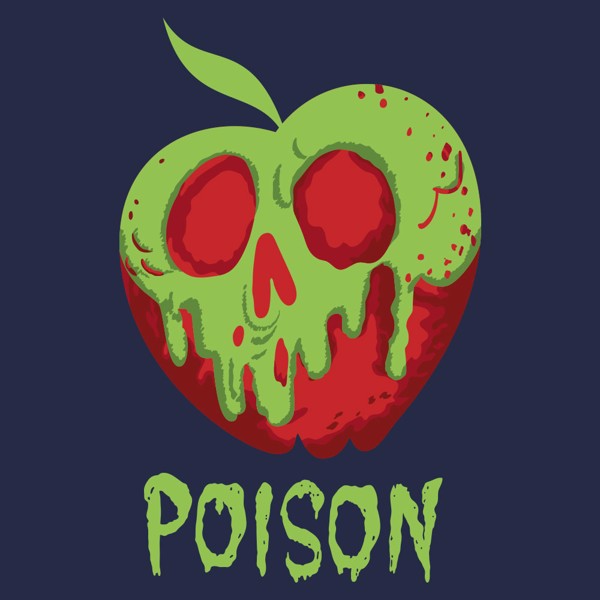 Advocate for More Industry Standards and Regulation
Advocate for More Industry Standards and RegulationThe lack of industry standards and regulations for baby food companies puts everyone in a difficult place, especially our babies and families.
We can change that. The following are areas of growth for both the FDA and baby food companies that I support:
- Create limits for heavy metals in baby food. (Hello FDA, I’m talking to you.)
- Test all baby food products in the infant category for heavy metals. (Ahem, baby food companies.)
- Make sure testing occurs at the end of manufacturing to accurately represent the levels of heavy metals.
- Provide transparent labeling on packaging and websites so parents may assess heavy metal content and make informed decisions for their babies.
Related to baby food contamination: The Baby Formula Shortage: What’s a Parent to Do?
Is Gerber Baby Food Safe?The Gerber baby food brand was identified early on as one brand that was tainted with heavy metals, including lead, cadmium, arsenic and mercury.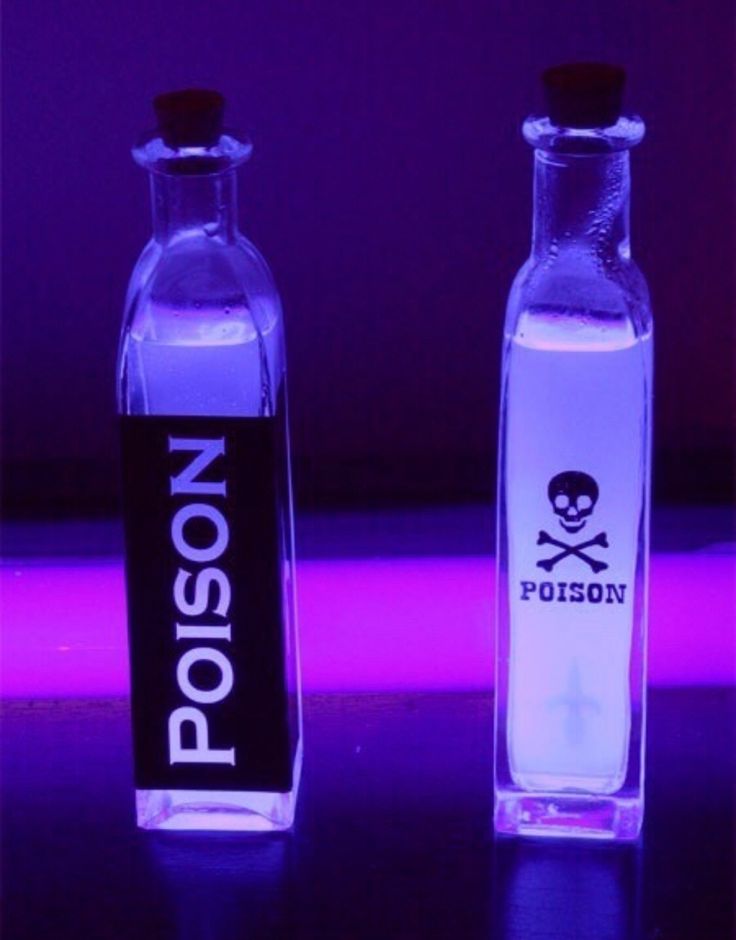
The FDA has initiated a “Closer to Zero” program to gradually phase out heavy metals and toxins in baby food.
Is Natural Baby Food Better than Store Bought Baby Food?Many parents may want to consider making a more natural baby food given the current situation with baby food.
It’s perfectly fine to make your own baby food. I’ve got guidelines for making homemade baby food and some cautions.
What other questions do you have about contaminants in baby food products?
You may also enjoy reading: Is Rice Cereal for Babies Safe?
HEAVY METALS in BABY FOOD: What Every Parent Needs to Do | BABY FOOD TOXIC METALS
Watch this video on YouTube
Check out our on demand library, books and podcast!
This post has been updated to include FAQ and an FDA status update on baby food contamination in September 2022.
Homemade baby food contains as many toxic metals as store bought, report says
CNN —
Making baby food at home with store-bought produce isn’t going to reduce the amount of toxic heavy metals in the food your baby eats, according to a new report released exclusively to CNN.
“We found no evidence to suggest that homemade baby foods made from store-bought produce are better than store-bought baby foods when it comes to heavy metal contamination,” said the paper’s coauthor Jane Houlihan, research director for Healthy Babies, Bright Futures. An alliance of nonprofits, scientists and donors, HBBF, which produced the report, has a stated mission of reducing babies’ exposures to neurotoxic chemicals.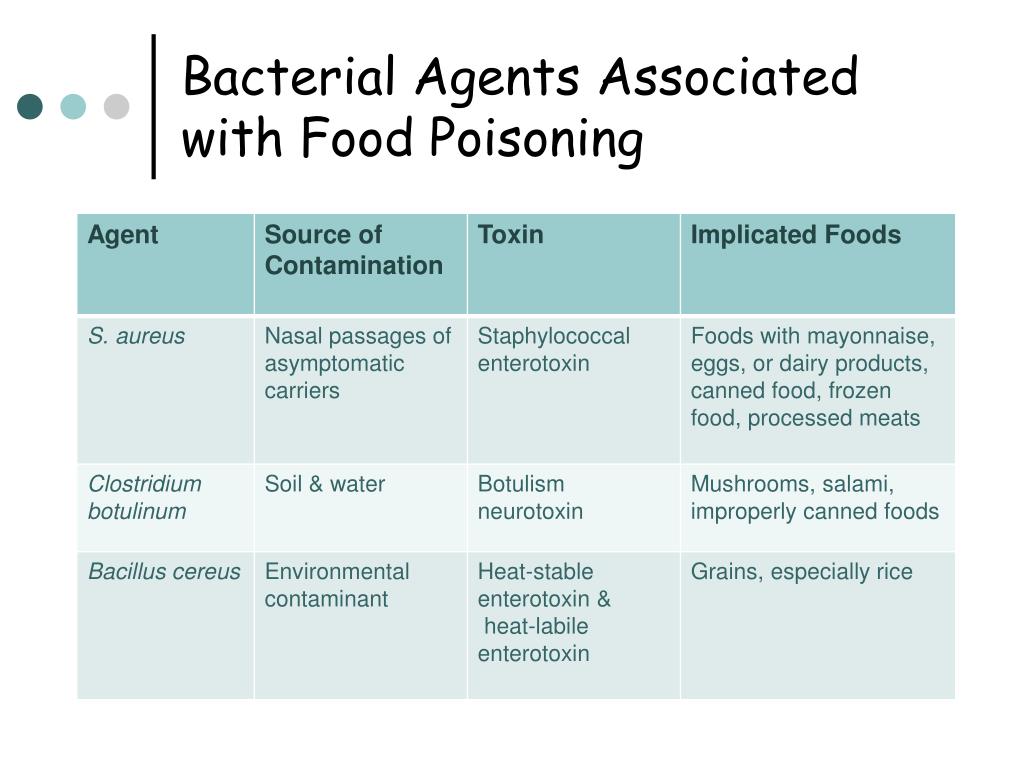
READ MORE: Manufacturers allowed baby food contaminated with heavy metals to remain on shelves, lawmakers say
Researchers tested 288 foods bought at stores and farmers markets across the United States – including grains, fruits, vegetables, snacks, teething foods, and family items that babies eat, such as cereals and rice cakes – for lead, arsenic, mercury and cadmium. Those heavy metals are among the World Health Organization’s top 10 chemicals of concern for infants and children.
“Toxic metal exposure can be harmful to the developing brain. It’s been linked with problems with learning, cognition, and behavior,” according to the American Academy of Pediatrics.
It’s been linked with problems with learning, cognition, and behavior,” according to the American Academy of Pediatrics.
Researchers also pored over data from 7,000 additional food tests reported in published studies and by the US Food and Drug Administration.
Results showed 94% of manufactured baby foods, family foods and homemade purees made from purchased raw foods contained detectable amounts of one or more heavy metals.
Lead was found in 90% of manufactured baby food bought by shoppers for the report and 80% of store-bought family food and homemade purees. There is no safe level of lead, according to the AAP.
There is no safe level of lead, according to the AAP.
Arsenic was found in 68% store-bought baby food and 72% of family food either purchased or prepared at home. Cadmium was found in 65% of purchased baby food and 60% of family foods, and mercury was in 7% of store-bought baby food and 10% of family foods. (The highest levels of mercury are found in seafood, which was not tested in this analysis.)
READ MORE: 95% of tested baby foods in the US contain toxic metals, report says
The new report is a follow-up to a November 2019 report in which Healthy Babies, Bright Futures tested 168 foods purchased from major baby food manufacturers. That analysis found 95% of store-bought baby food contained lead, 73% contained arsenic, 75% contained cadmium and 32% contained mercury. One-fourth of the foods tested that year contained all four heavy metals.
That analysis found 95% of store-bought baby food contained lead, 73% contained arsenic, 75% contained cadmium and 32% contained mercury. One-fourth of the foods tested that year contained all four heavy metals.
“After that report we saw so many people saying you can get around this problem by making your own baby food at home, so we decided to check,” Houlihan said. “We suspected we’d find heavy metals in all kinds of food because they’re ubiquitous contaminants in the environment.
“And that is exactly what we found – heavy metals were in foods from every section of the store,” Houlihan said. “What this says is that as the FDA is setting standards for heavy metals in baby food, they need to go beyond the baby food aisle. ”
”
What’s a parent or caregiver to do? Feed baby with as many different types of foods as possible, said pediatrician Dr. Mark Corkins, chair of the Committee on Nutrition of the American Academy of Pediatrics. He was not involved in the study.
“If you spread foods out, and offer a wide variety of options, you’ll have less toxicity,” Corkins said. “And nutritionally that’s always been the right thing to do to get the most micronutrients from the food you eat.”
The report found buying organic didn’t lower heavy metal levels either, which was “not shocking or surprising,” said Corkins, a professor of pediatrics at the University of Tennessee Health Science Center and Le Bonheur Children’s Hospital in Memphis, Tennessee.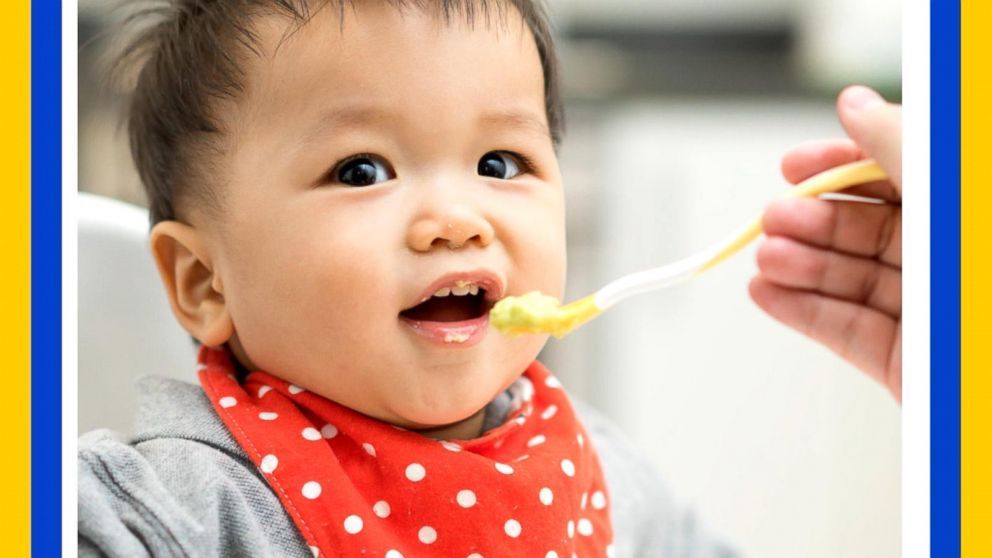
“It’s the soil and water that’s contaminated with arsenic and other heavy metals, so it doesn’t matter if it’s organic or traditional farming methods,” Corkins said. That would apply to locally grown crops or even backyard gardens, if the soil had not been verified to be metal-free.
However, buying organic can help avoid other toxins the new report did not consider, such as herbicides and pesticides, said Dr. Leonardo Trasande, director of environmental pediatrics at NYU Langone Health. He was not involved in the study.
“There are other benefits to eating organic food, including a reduction in synthetic pesticides that are known to be as bad for babies, if not even more problematic,” Trasande said.
READ MORE: Doctors should test levels of PFAS in people at high risk, report says
“We’ve seen multiple studies show significant effects of synthetic pesticides on cognitive function in children as a result of prenatal exposure. We’ve seen images of the brain where certain parts are smaller that are crucial for higher order functioning after exposure,” he added. “A simple step would simply be to say eat organic because regardless of anything we’re talking about in this report, it’s good for you.”
Experts agree that battling toxins in baby foods is a job for government organizations who will need to work with growers, suppliers and manufacturers to institute regulations and safeguards.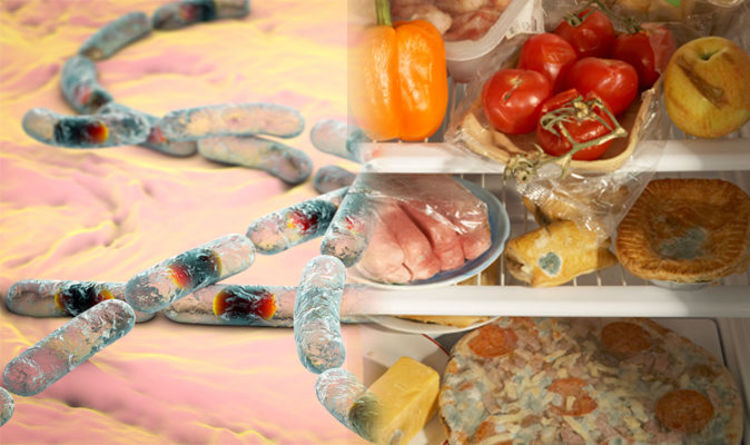 In the meantime, parents can make a difference.
In the meantime, parents can make a difference.
“Making even one simple choice every day to lower a child’s exposure will make a difference, whether that’s staying away from rice-based snacks and serving a diced apple instead or choosing not to serve carrots and sweet potatoes every day,” Houlihan said.
“With heavy metals and other toxins the risks add up over a lifetime,” she added. “So even if some of these foods had been served to a child up to their second birthday, starting from there to lower exposure to toxins is going to add up. Every choice matters.”
Tested foods with low metal content contain one-eighth as much heavy metal contamination as foods with the highest levels, Houlihan said.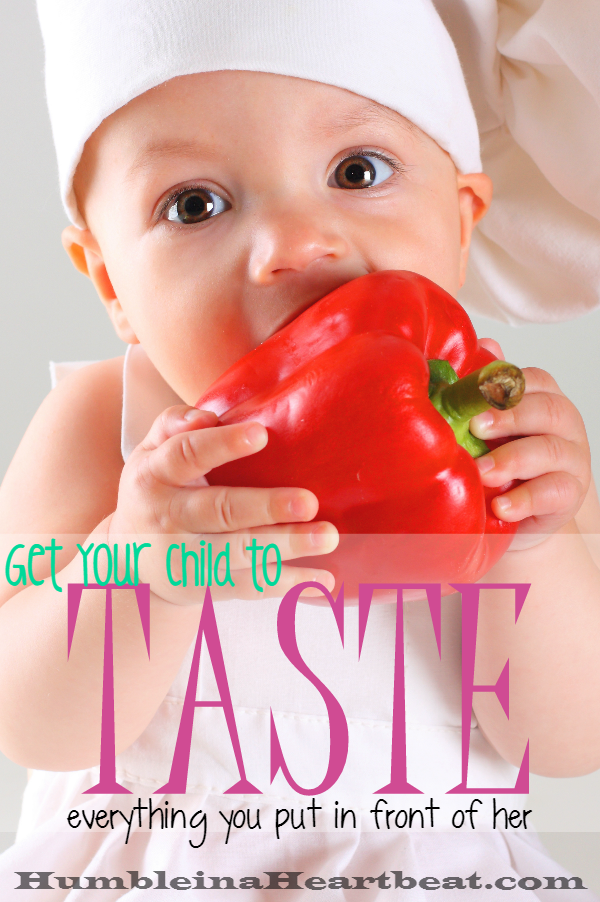 These are foods that can be “eaten freely,” the report suggested.
These are foods that can be “eaten freely,” the report suggested.
Fresh bananas, with heavy metal levels of 1.8 parts per billion, were the least contaminated of foods tested for the report. That’s an “82-fold difference in average level of total heavy metals” from the most contaminated food, rice cakes, which tested at 147 parts per billion, according to the investigation.
READ MORE: ‘Consider chemical hazards’ in the baby foods you sell, FDA warns manufacturers
After bananas, the least contaminated foods were grits, manufactured baby food meats, butternut squash, lamb, apples, pork, eggs, oranges and watermelon, in that order.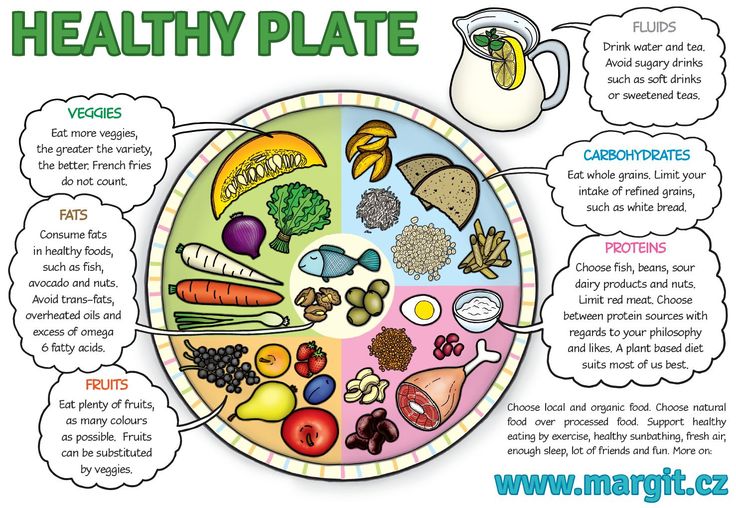 Other foods with lower levels of contamination included green beans, peas, cucumbers, and soft or pureed home-cooked meats, the report found.
Other foods with lower levels of contamination included green beans, peas, cucumbers, and soft or pureed home-cooked meats, the report found.
Infant formula made with lead-free tap water was recommended. Tap water that has been tested and is free of lead is always a good choice. Milk is also a good choice, but only for babies 12 months and older.
Some healthy lower-metal foods, such as yogurt, unsweetened applesauce, beans, cheese, hard-boiled eggs and grapes that have been cut lengthwise, were good choices for snacks for babies, according to the report.
Fresh and frozen fruit – including those used in homemade purees – were options as well.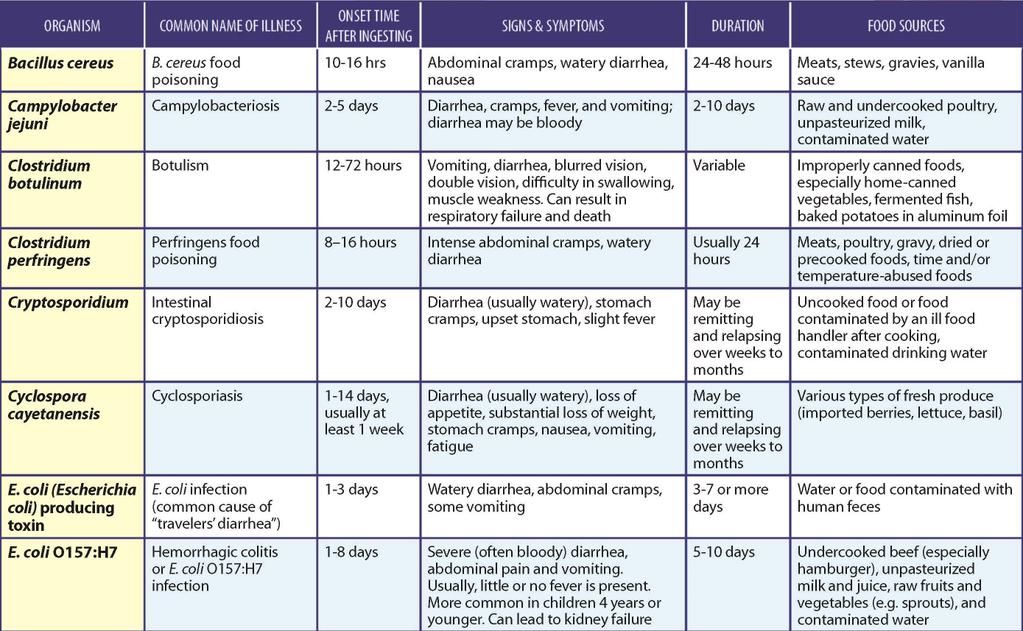 But don’t use canned fruits if you can avoid it: “Tests find lead 30 times more often in canned fruit than in fresh and frozen fruit,” the report stated.
But don’t use canned fruits if you can avoid it: “Tests find lead 30 times more often in canned fruit than in fresh and frozen fruit,” the report stated.
Parents and caregivers can also lower their baby’s exposure to heavy metals by making some smart substitutions, the report said.
Using a frozen banana for a teething baby instead of a rice-based teething biscuit or rice rusk could lower total intake of heavy metals by 95%, according to the report. Another suggested teething aid: peeled and chilled cucumber spears.
The most heavily contaminated foods eaten by babies were all rice-based: “Rice cakes, rice puffs, crisped rice cereals and brown rice with no cooking water removed are heavily contaminated with inorganic arsenic, which is the more toxic form of arsenic,” Houlihan said.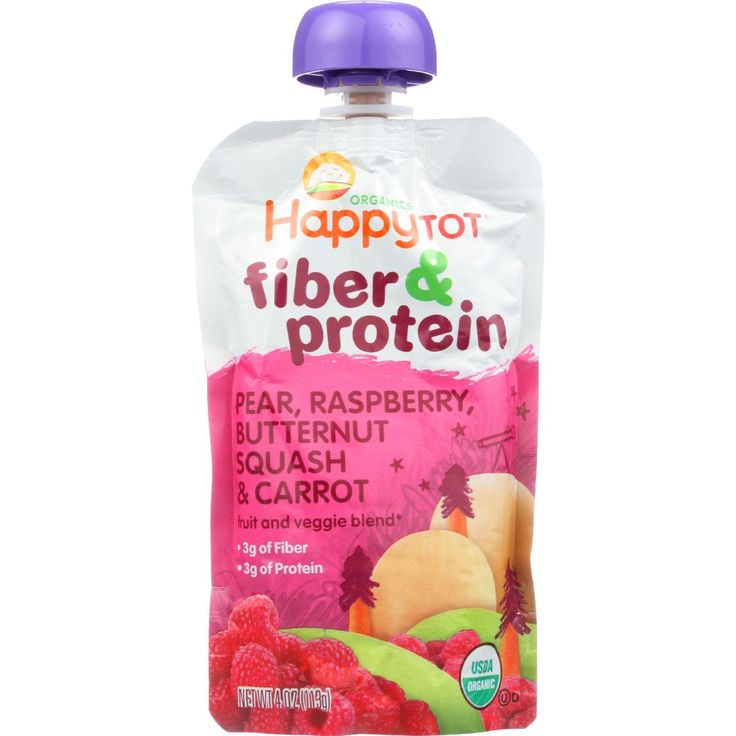
Arsenic is a natural element found in soil, water and air, and because rice is grown in water, it is especially good at absorbing inorganic arsenic. (“Inorganic” is a chemical term and has nothing to do with the method of farming.) Brown and wild rice are the worst offenders, as the bran contains the highest arsenic concentrations.
READ MORE: New FDA limits on arsenic levels in infant rice cereals don’t adequately protect children, critics say
Prior research has shown that even low levels of inorganic arsenic exposure can impact a baby’s neurodevelopment.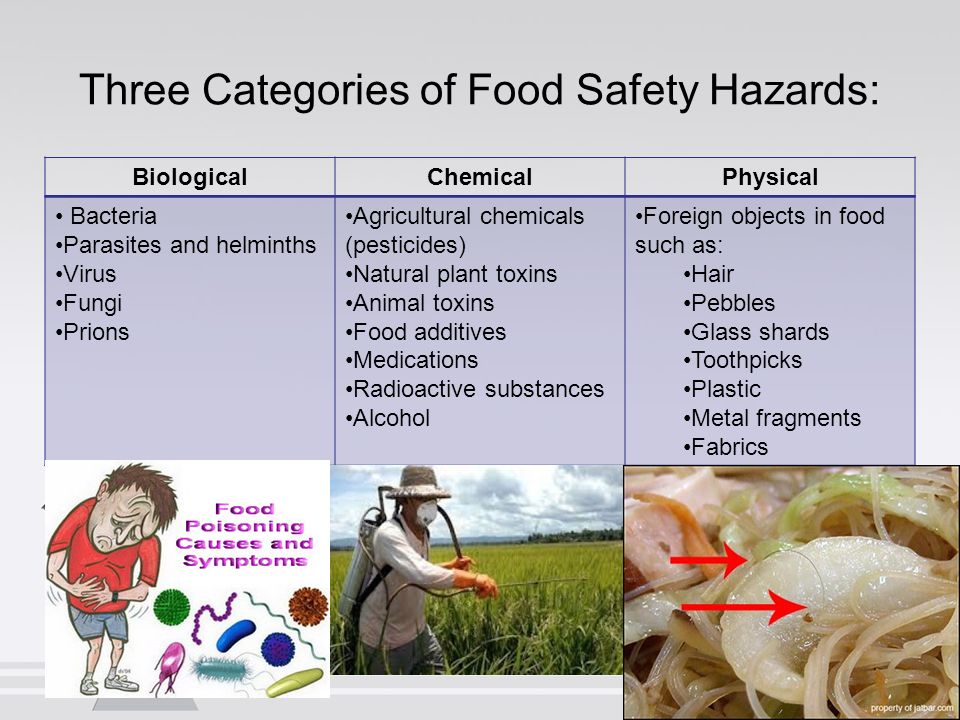 A meta-analysis of studies on the topic found a 50% increase in arsenic levels in urine would be associated with a 0.4-point decrease in the IQ of children between the ages of 5 and 15.
A meta-analysis of studies on the topic found a 50% increase in arsenic levels in urine would be associated with a 0.4-point decrease in the IQ of children between the ages of 5 and 15.
Testing by HBBF found rice cakes were the most contaminated with inorganic arsenic, followed by crisped rice cereal, rice-based puffs and brown rice. The report recommended those foods be avoided entirely, unless the brown rice is cooked with extra water that is poured off before consumption (much like pasta). It’s best to do that with all rice, including white and wild rice, the report said, as it can reduce arsenic levels by up to 60%.
Rice-based teething biscuits or rusks and white rice came next on the most contaminated list, the report said.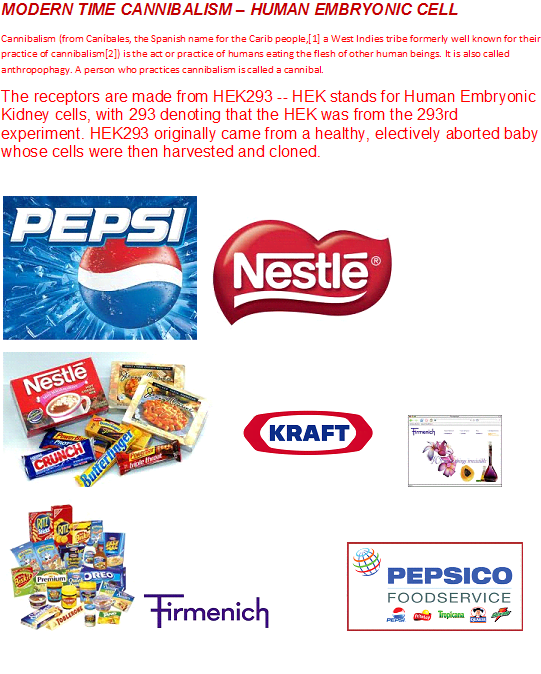 White rice is milled to remove the outer layers, but experts say arsenic levels remain high enough to be concerning, especially if rice is a daily staple.
White rice is milled to remove the outer layers, but experts say arsenic levels remain high enough to be concerning, especially if rice is a daily staple.
“Inorganic arsenic averaged 100 parts per billion in brown rice infant cereal and 74 parts per billion in white rice infant cereal in our tests,” Houlihan said. “Baby food companies have taken brown rice cereal off the market because of its high arsenic levels.”
READ MORE: Water- and stain-resistant products contain toxic plastics, study says. Here’s what to do
Parents and caregivers can help by staying away from high-arsenic varieties of white rice grown in Arkansas, Louisiana, Texas, or simply “US” and instead choosing lower-arsenic basmati rice from California, India and Pakistan, as well as sushi rice from the US, the report said.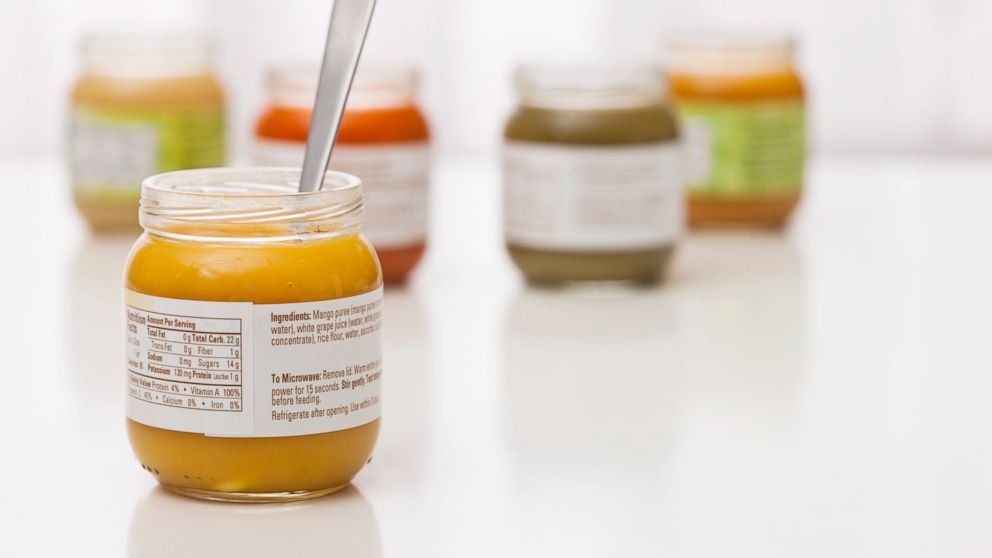
After rice-based foods, the analysis found the highest levels of heavy metals in raisins, non-rice teething crackers, granola bars with raisins and oat-ring cereals. But those were not the only foods of concern: Dried fruit, grape juice, arrowroot teething crackers and sunflower seed butter all contained high amounts of at least one toxic metal, according to the report.
“Many foods have a kind of unique, heavy metal profile,” Houlihan explained. “For example, we saw very high levels of cadmium in things like spinach, leaf lettuce and peanut butter.”
However, the human body doesn’t absorb cadmium as easily as other heavy metals, and for that reason “it doesn’t have as high a level of concern,” Houlihan added.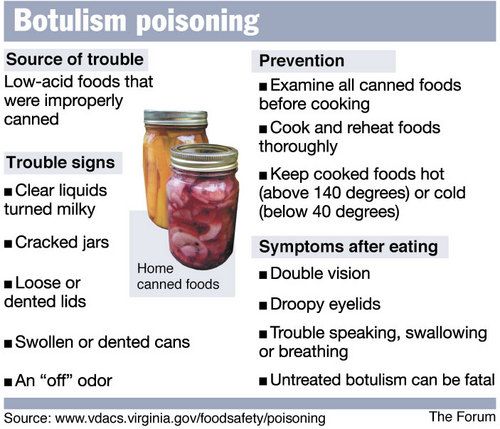
“There’s also not as much evidence that cadmium is neurotoxic to babies, or at least the body of evidence isn’t there at the same levels as lead and arsenic,” she said. “Lead and arsenic damage isn’t reversible – these are permanent impacts on IQ, learning ability and behavior, so it’s a big deal.”
Root and tuber vegetables may have higher levels of heavy metals like lead and arsenic because they grow underground. In fact, the investigation found that nutritious baby favorites like carrots, sweet potatoes, squash and many types of potatoes did have concerning levels of heavy metals.
READ MORE: Dangerous chemicals found in food wrappers at major fast-food restaurants and grocery chains, report says
Even the same food could have varying levels of toxic metals, according to the report. For example, a shopper in Raleigh, North Carolina, bought a sweet potato with 60.7 parts per billion of lead – 10 times more than the store-bought sweet potato puree she purchased. A Chicago shopper purchased a fresh carrot with eight times more arsenic than the premade carrot baby food she took home, the investigation found.
Yet shoppers in Tennessee and California found the opposite – their fresh produce had minimal levels of heavy metals compared with the manufactured baby food brands they bought.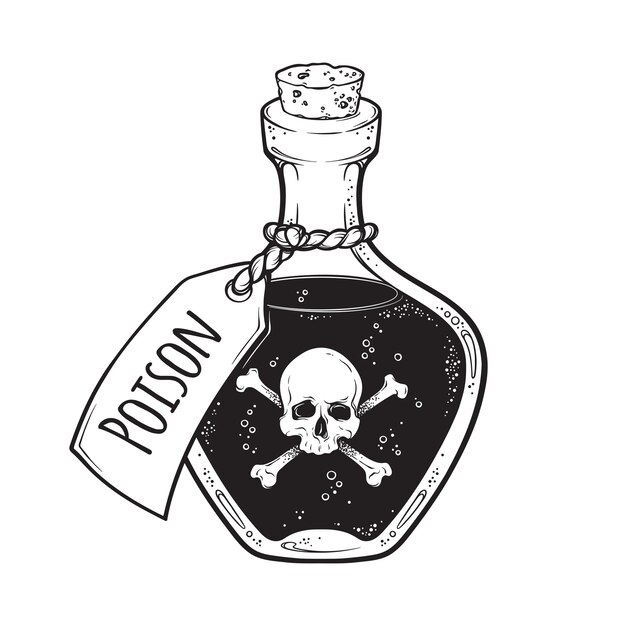
“As a parent, you don’t know what you’re picking up out of the produce bin,” Houlihan said. “Is it elevated because of the cultivar – the particular type of sweet potato or carrot? Or is it elevated because it’s grown in an area where the soil has naturally high levels of lead?
Answering these questions will be the responsibility of government regulators and industry, Houlihan said. The FDA has a Closer to Zero campaign, for example, which could take on the issue.
CNN has reached out to the FDA for comment but hasn’t yet received a response.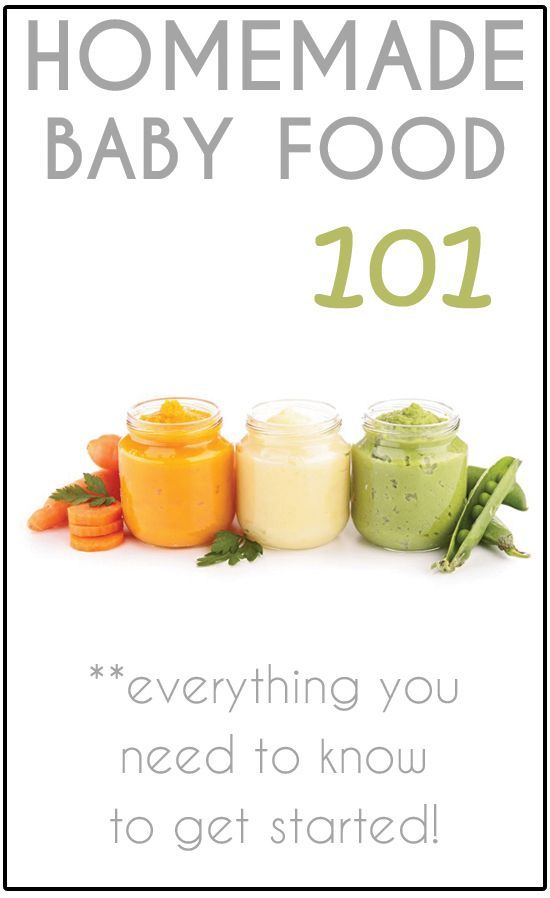
“And remember, if you’re protecting the basic ingredients that parents are using to make food at home, you’re not only protecting babies and toddlers, you’re protecting pregnant women as well. Babies in utero are particularly vulnerable to toxins while the brain is growing at such a rapid pace.”
With no way of knowing levels of toxic metals in the soil where produce is grown, parents and caregivers need to add one more step to their efforts to avoid these substances, Houlihan suggested. In addition to mixing up the variety of foods and not serving the same options each day, parents can “choose different brands or varieties of foods or shop in different stores from week to week to avoid choosing a high-metal source regularly.![]() ”
”
Sign up for CNN’s Eat, But Better: Mediterranean Style. Our eight-part guide shows you a delicious expert-backed eating lifestyle that will boost your health for life.
Arsenic, lead and mercury found in popular brands of baby food
https://ria.ru/20210205/pitanie-1596127725.html
Arsenic, lead and mercury found in popular brands of baby food
Found in popular brands of baby food arsenic, lead and mercury - RIA Novosti, 02/05/2021
Arsenic, lead and mercury found in popular brands of baby food .. RIA Novosti, 05.02.2021
2021-02-05T10: 41
2021-02-05T10: 41
2021-02-05T16: 38
in the world
USA
WHO 9000 head/meta[@name='og:title']/@content
/html/head/meta[@name='og:description']/@content
https://cdnn21.img.ria.ru /images/156244/93/1562449374_0:0:2279:1282_1920x0_80_0_0_d929793688c9dd7ff87ce7e2722ad5f9.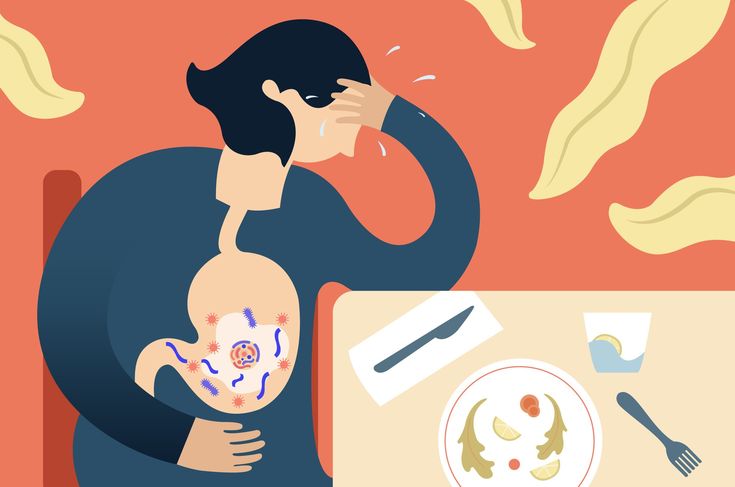 jpg
jpg
MOSCOW, February 5 - RIA Novosti. High levels of heavy toxic metals, including arsenic, lead, cadmium and mercury, have been found in some U.S. baby formulas that can lead to neurological damage in children, according to a U.S. House of Representatives study. Economic and Consumer Policy Subcommittee experts examined the domestic documentation from Gerber, Nurture Inc, Hain Celestial Group Inc, Beech-Nutrition, who provided data on a voluntary basis in response to a subcommittee request. It was based on reports of the presence of metals a year earlier. Walmart, Campbell and Sprout Organic Foods refused to cooperate with the investigators. "The subcommittee investigation proves that commercial baby food contains dangerous levels of arsenic, lead, mercury and cadmium. "metals pose a serious health hazard to infants and toddlers. Manufacturers knowingly sell these products to unsuspecting parents, despite internal company standards and test results, and without any warning labels," the subcommittee on economic and consumer policy said in the text of the study.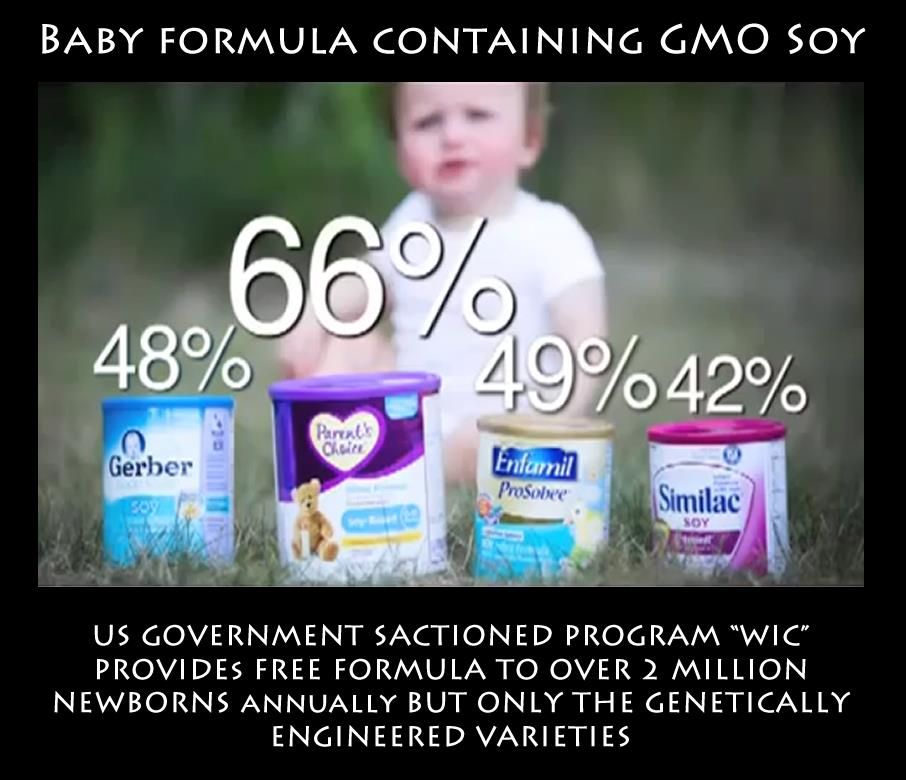 in the structure of the Committee on Oversight and Reform in the US House of Representatives. It is noted that exposure to toxic heavy metals leads to a "permanent decrease in IQ", as well as a decrease in "infant neurological development and long-term brain function." According to the US regulator and WHO, these four heavy metals are hazardous to human health, "especially for infants and children, who are most susceptible to their neutrotoxic effects." nine0003
in the structure of the Committee on Oversight and Reform in the US House of Representatives. It is noted that exposure to toxic heavy metals leads to a "permanent decrease in IQ", as well as a decrease in "infant neurological development and long-term brain function." According to the US regulator and WHO, these four heavy metals are hazardous to human health, "especially for infants and children, who are most susceptible to their neutrotoxic effects." nine0003
https://ria.ru/20200815/1575813258.html
https://radiosputnik.ria.ru/20210125/pitanie-159444892.html
US
96
7 495 645-6601
FSUE MIA "Russia Today"
https: //xn---c1acbl2abdlkab1og.xn-p1ai/AVARDS/
2021 9000 9000 9000 9000 RIA Novosti
1
5
4.7
96
7 495 645-6601
Rossiya Segodnya
https://xn--c1acbl2abdlkab1og.xn--p1ai/awards/
News -RU
https://ria.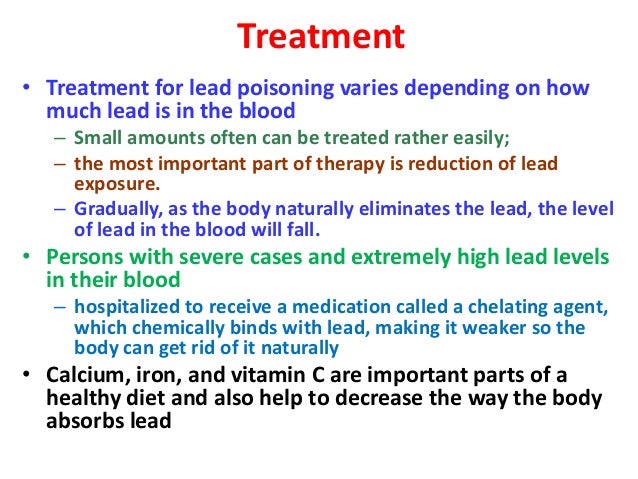 ru/docs/about/copyright.html
ru/docs/about/copyright.html
https://xn--c1acbl2abdlkab1og.xn--p1ai/
RIA Novosti
1
5
4. 96
7 495 645-6601
Rossiya Segodnya 95 645-6601
Federal State Unitary Enterprise MIA Russia Today
https: //xn---C1acbl2abdlkab1og.xn--p1ai/Awards/
RIA Novosti
1
5
4.7 9000 9000
Internet- [email protected]
7 495 645-6601
Rossiya Segodnya
https://xn--c1acbl2abdlkab1og.xn--p1ai/awards/
worldwide , walmart
Worldwide, USA, WHO, Health - Society, Walmart
MOSCOW, February 5 - RIA Novosti. High levels of heavy toxic metals, including arsenic, lead, cadmium and mercury, have been found in some US baby formulas that can lead to neurological damage in children, according to a US House of Representatives study.
Experts from the Economic and Consumer Policy Subcommittee reviewed internal documentation from Gerber, Nurture Inc, Hain Celestial Group Inc, Beech-Nutrition, which provided data on a voluntary basis in response to a subcommittee request. It was based on reports of the presence of metals that appeared a year earlier. nine0003
It was based on reports of the presence of metals that appeared a year earlier. nine0003
August 15, 2020, 02:05 AM
Sugar in baby food deemed dangerous for adults
Walmart, Campbell and Sprout Organic Foods refused to cooperate with the investigators.
"Subcommittee investigation finds that commercial baby food contains dangerous levels of arsenic, lead, mercury, and cadmium. These toxic heavy metals pose a serious health hazard to infants and toddlers. Manufacturers knowingly sell these products to unsuspecting parents, despite internal company standards and test results, and without any warning label," the text of the study by the subcommittee on economic and consumer policy in the structure of the Committee on Oversight and Reform in the US House of Representatives says. nine0003
Exposure to toxic heavy metals has been reported to result in a "permanent decline in IQ" as well as a reduction in "infant neurological development and long-term brain function".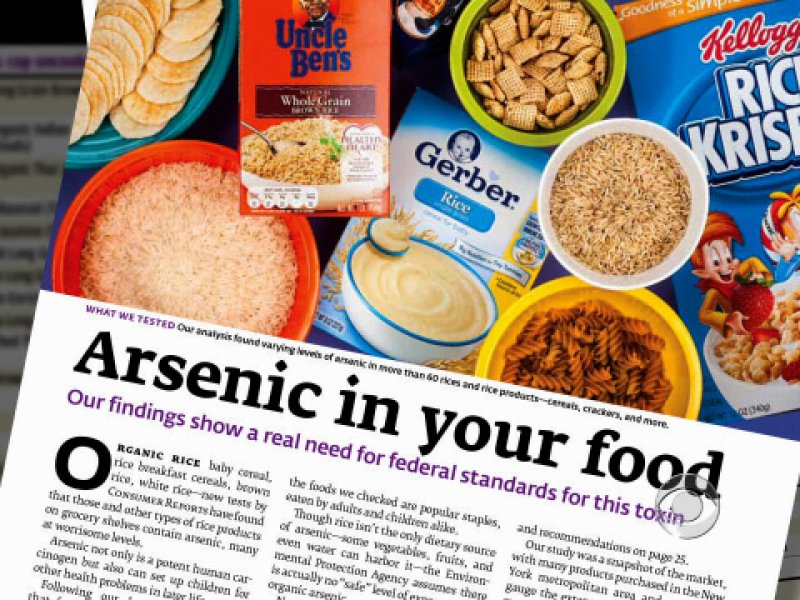 According to the US regulator and WHO, these four heavy metals are hazardous to human health, "especially for infants and children, who are most susceptible to their neutrotoxic effects."
According to the US regulator and WHO, these four heavy metals are hazardous to human health, "especially for infants and children, who are most susceptible to their neutrotoxic effects."
January 25, 2021, 12:13
The Prosecutor General's Office will check the quality of food in kindergartens and schools
Heavy metals found in 95% of baby food
Incidents 1103
Share
- nine0196
According to a recent study, popular baby food jars and cans contain toxic metals that can harm a child's full development.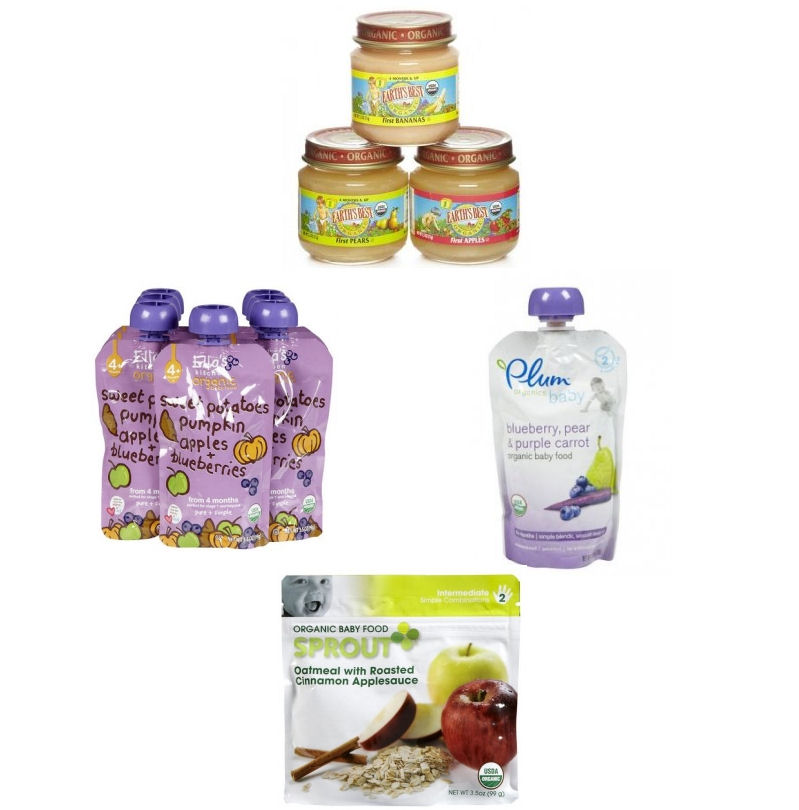
The study was commissioned by Healthy Babies Bright Futures, a nonprofit organization that includes scientists and pediatricians. In total, 168 baby food items of the main and most popular American brands were selected for testing. Products from Beech-Nut, Earth's Best, Gerber, Kitchdee Organic, Healthy Times, Gerber, HappyBABY, and others have been tested. nine0003
Examination showed that 95% of the samples contained lead, 73% arsenic, 75% cadmium and 32% mercury. One fourth of the products contained all four heavy metals! Each of the five baby foods tested contained more than 10 times the legal lead level. The results of an independent study coincided, in general, with a previous examination commissioned by the Food and Drug Administration (FDA) in May of this year, when one or more metals were found in baby food. nine0003
The analysis showed that the most toxic jars were rice, sweet potatoes and fruit juices - that is, with which babies usually start complementary foods. “Even in minimal amounts, these pollutants can negatively impact the developing brain and undermine a child’s IQ. The problem is that they accumulate with every meal,” the report says.
“Even in minimal amounts, these pollutants can negatively impact the developing brain and undermine a child’s IQ. The problem is that they accumulate with every meal,” the report says.
Rice porridge, rice dishes, rice snacks and rice crackers were the most “contaminated” because they contained “not only inorganic arsenic, the most toxic form of arsenic, but other toxic metals were found in almost all samples”, states the report. Arsenic is a natural element found in soil, water and air, with the inorganic form being the most toxic. The "organic" label on the label doesn't help, as it refers to the soil. Because rice is grown in water, it absorbs inorganic arsenic particularly well and has the highest concentration of arsenic of any food, according to the FDA. Most inorganic arsenic is found in brown and wild rice, less in refined white rice. However, studies have shown that even low levels of arsenic exposure can affect a child's neurodevelopment: a 50% increase in urinary arsenic is responsible for a 0. 4 point decrease in a toddler's IQ between the ages of 5 and 15. The lowest content of arsenic is in Gerber rice cereals. nine0003
4 point decrease in a toddler's IQ between the ages of 5 and 15. The lowest content of arsenic is in Gerber rice cereals. nine0003
Baby biscuits (so-called “teething biscuits”), sweet potato jars and carrots also contain arsenic, lead and cadmium, according to research (“cleanest” Beech-Nut carrots and Gerber sweet potatoes, more total arsenic in HappyBABY sweet potatoes). Toxic metals were also found in the most popular children's juices - apple, pear, grape ("Apple & Eve" juices turned out to be cleaner than the rest). Traces of arsenic and lead have also been found in jars of Deluxe Pasta macaroni and cheese, popular with American children, and Cheerios breakfast rings. nine0003
“The harmful effects of lead on the human body have been proven, and over the past 40 years we have been trying to limit its content in toys, paints and food. But completely getting rid of it is still unrealistic, the report says (our newspaper wrote in September this year that lead was found in paint and in drinking fountains in New York schools).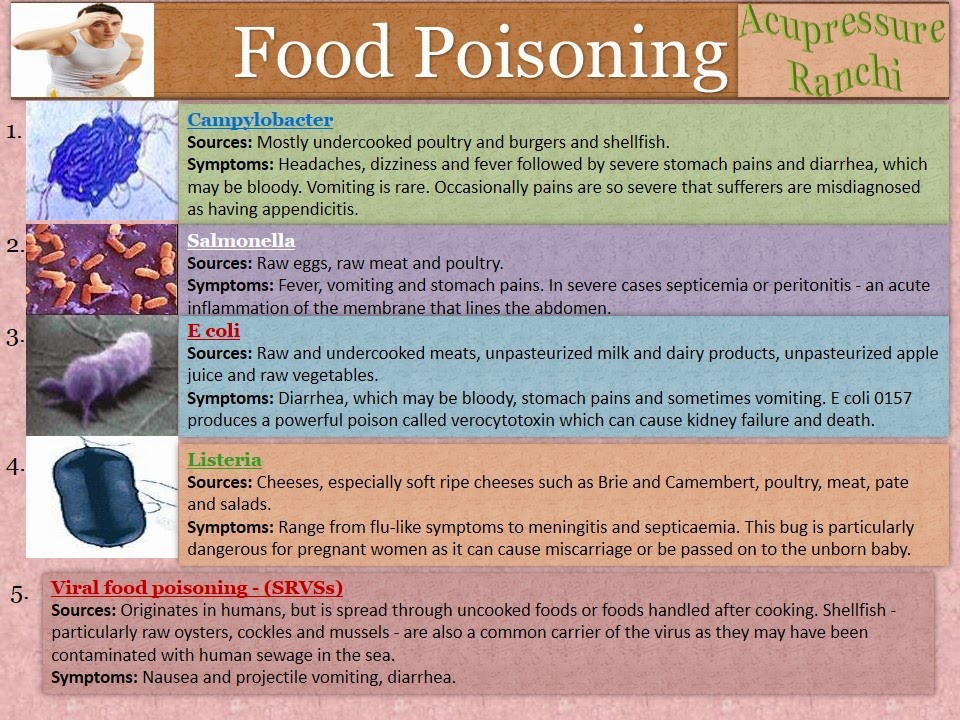 “Even very low levels of lead cause academic decline, attention deficits, and behavioral problems. Recently, 80,000 schoolchildren from Detroit and Chicago were examined, and it was children whose bodies had high levels of lead that received negative results on academic testing. In October 2018, the FDA halved the maximum daily limit for lead in baby foods, but our study shows that this is not enough. According to the expert, more than 2.2 million children under the age of six are “infected” with high levels of lead.” nine0003
“Even very low levels of lead cause academic decline, attention deficits, and behavioral problems. Recently, 80,000 schoolchildren from Detroit and Chicago were examined, and it was children whose bodies had high levels of lead that received negative results on academic testing. In October 2018, the FDA halved the maximum daily limit for lead in baby foods, but our study shows that this is not enough. According to the expert, more than 2.2 million children under the age of six are “infected” with high levels of lead.” nine0003
Experts' conclusion is disappointing: “Despite the FDA's goal of reducing heavy metal exposure, 148 of 168 infant formulas tested were significantly elevated. And none of the existing baby food manufacturers take into account the neurological effects of exposure to these metals on children.”
Subscribe
Authors:
- Learn more
- Baby floppy after feeding

- Little sprout baby food containers
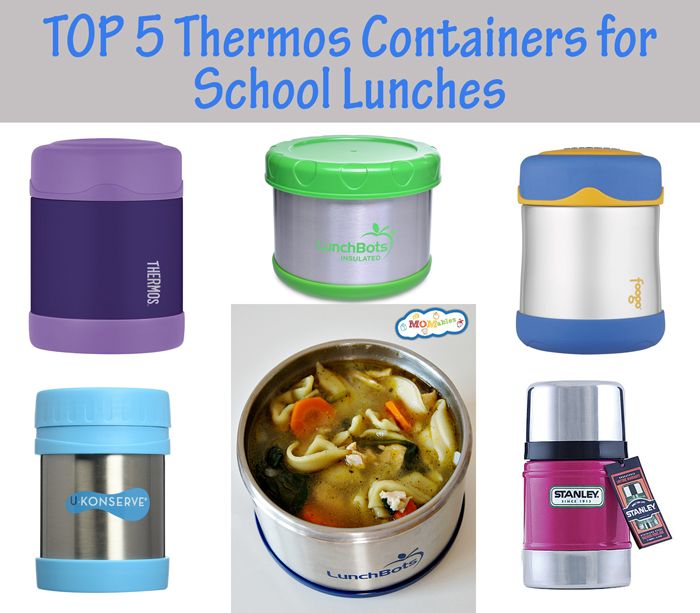
- Baby feeding often at night

- What to feed baby hognose snake
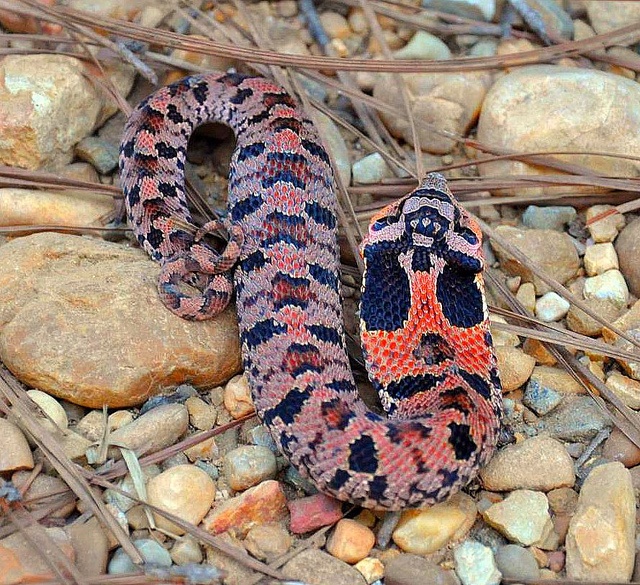
- Two year baby food chart
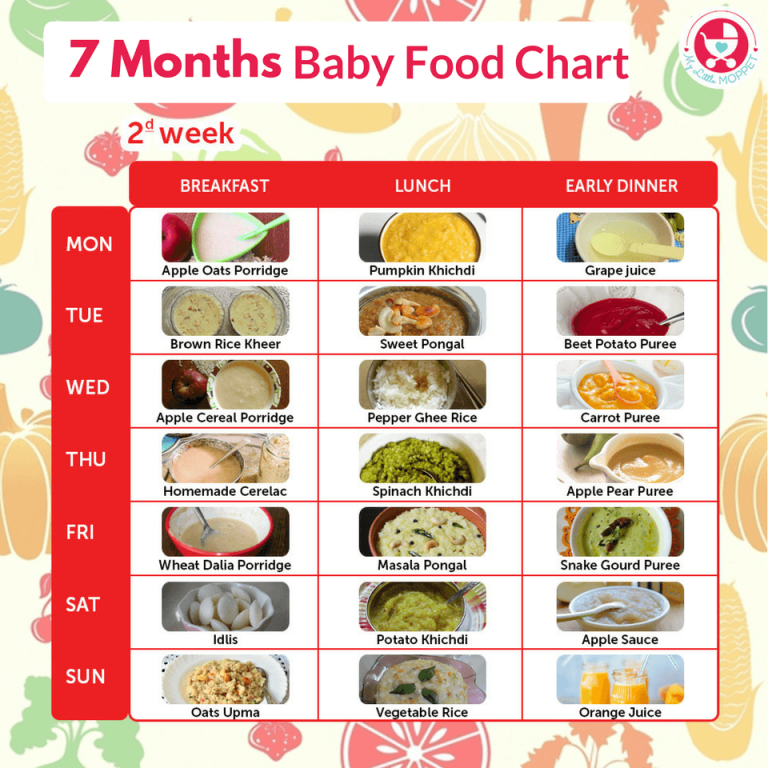
- How to cook kale baby food
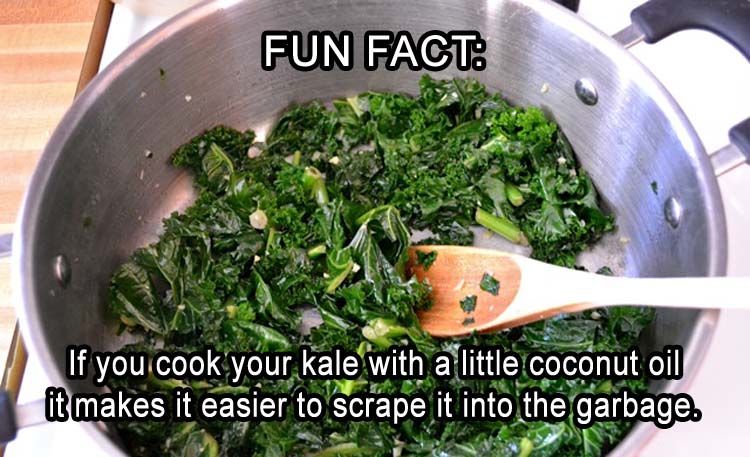
- Best food sources of iron for babies
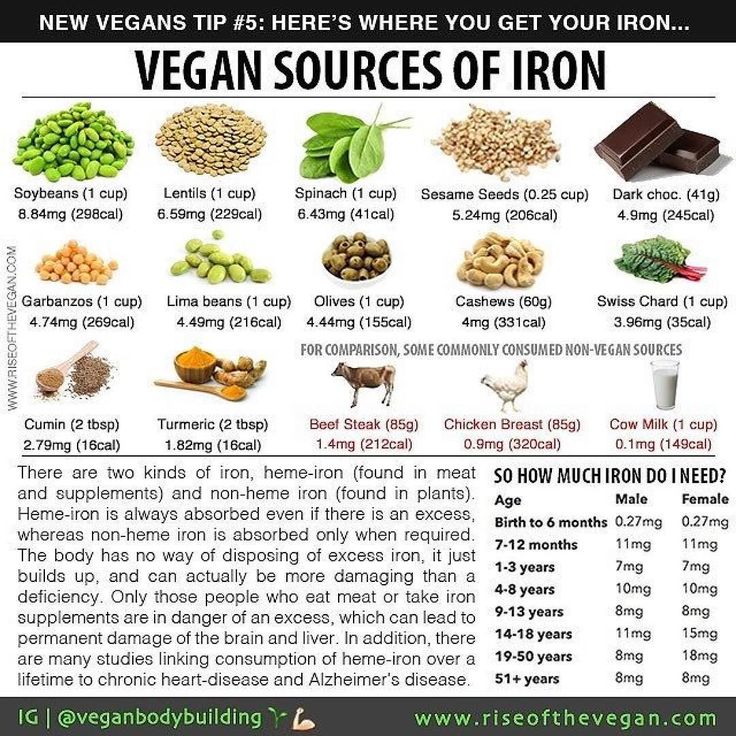
- Chow baby food organizer
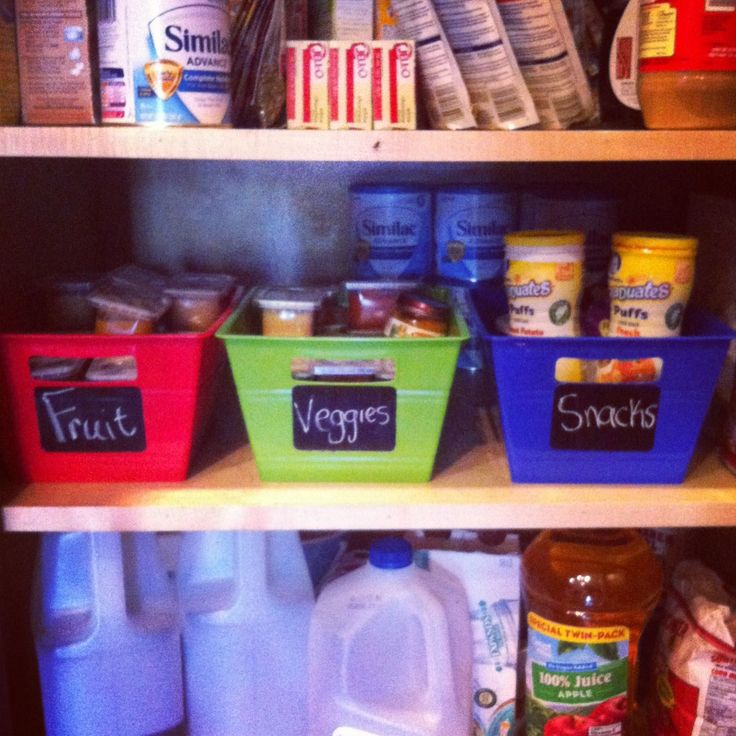
- 7 month baby poops after every feeding

- Best foods for baby 4 6 months
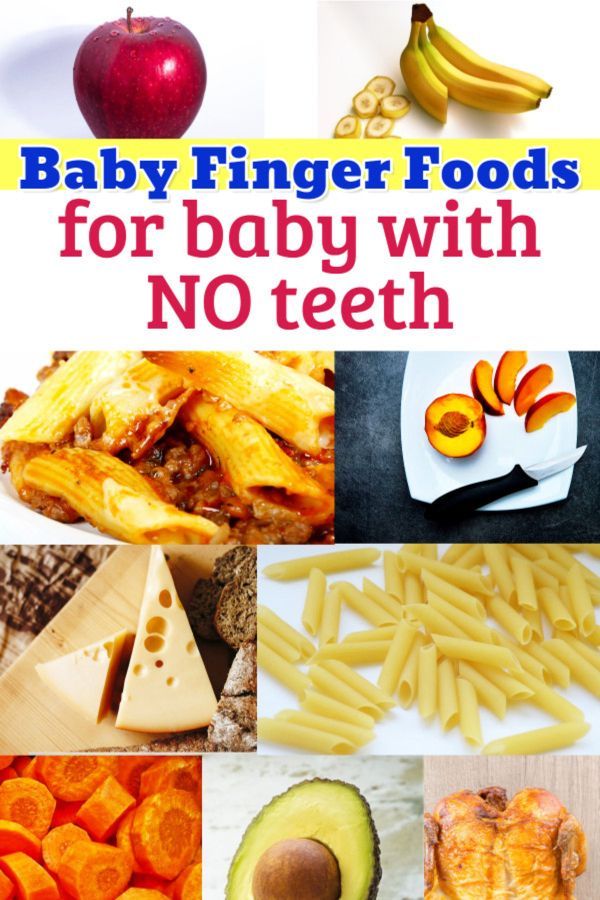
- Is it okay to pump and feed the baby with a bottle
